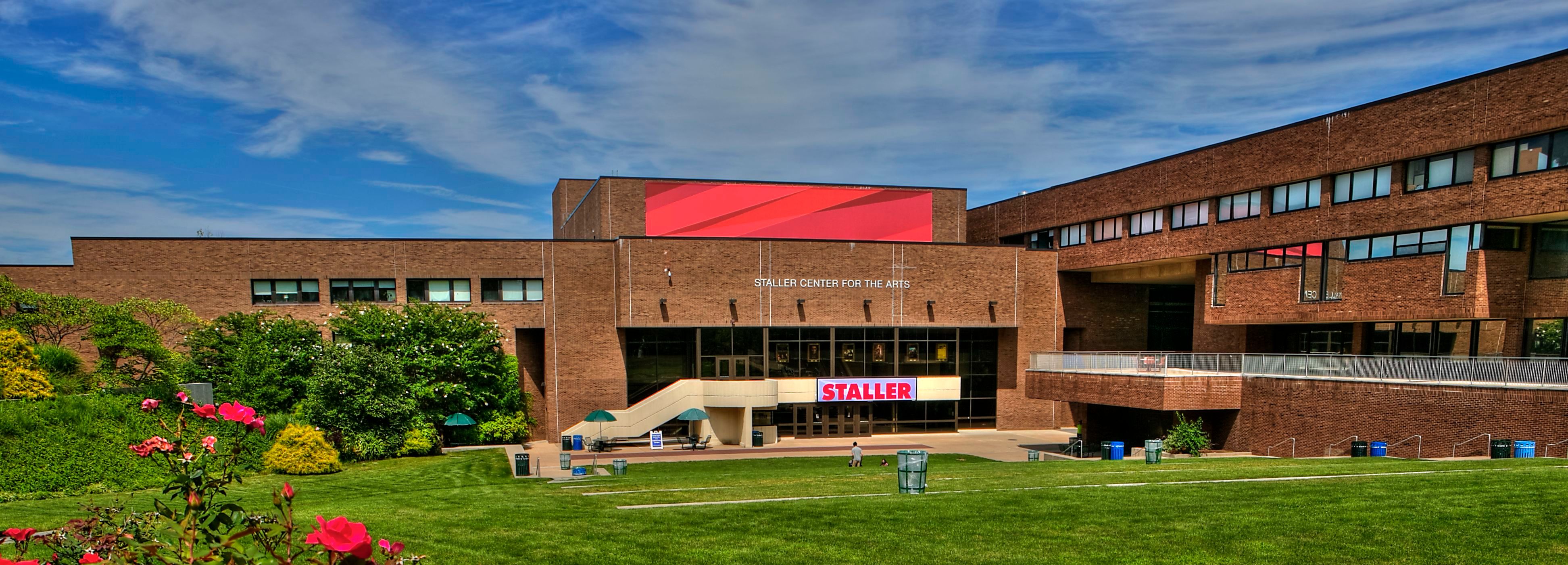About the Department

The character of Stony Brook's music department is largely due to the nature of our faculty. Faculty are chosen not only for their stature as performers, scholars, and composers, but also for their rapport with students, their ability to work cooperatively with their colleagues, and their commitment to the values of the department. The rapid growth and success of the Stony Brook music department is due to the vision of some of our founding faculty: the late Billy Jim Layton, our first chairman (now retired) and the late David Lewin, our first director of graduate studies and principal architect of our graduate program. The character and spirit of the faculty owes a great debt to some gifted teachers who are no longer with us, most notably Bülent Arel, who built our first Electronic Music Studio, and Samuel Baron, whose combination of gentleness and musical vision inspired his flute students and his fellow faculty alike.
Our performance faculty are all actively involved in performing careers; they figure prominently in such organizations as Orpheus Chamber Orchestra, New York Woodwind Quintet, Orchestra of St. Luke's, the Chamber Music Society of Lincoln Center, Mozzafiato, New York City Opera, Bach Aria Festival, and the old Group for Contemporary Music. All share a strong commitment to contemporary music; most have been involved in important premieres of new works. Many faculty also actively work with period instruments and early music performance. Our faculty in Critical Music Studies are distinguished for their openness to new approaches; their work blends the "old" and "new" musicology, combining rigorous standards of research and close attention to the music itself with awareness of the larger cultural context in which music exists. Our composition faculty writes in a wide range of styles and idioms, but share a reluctance to impose their own stylistic predilections on students. They share a belief in solid grounding in both traditional theory and in the newest musical technologies, and emphasize collaborative relationships with performers.
